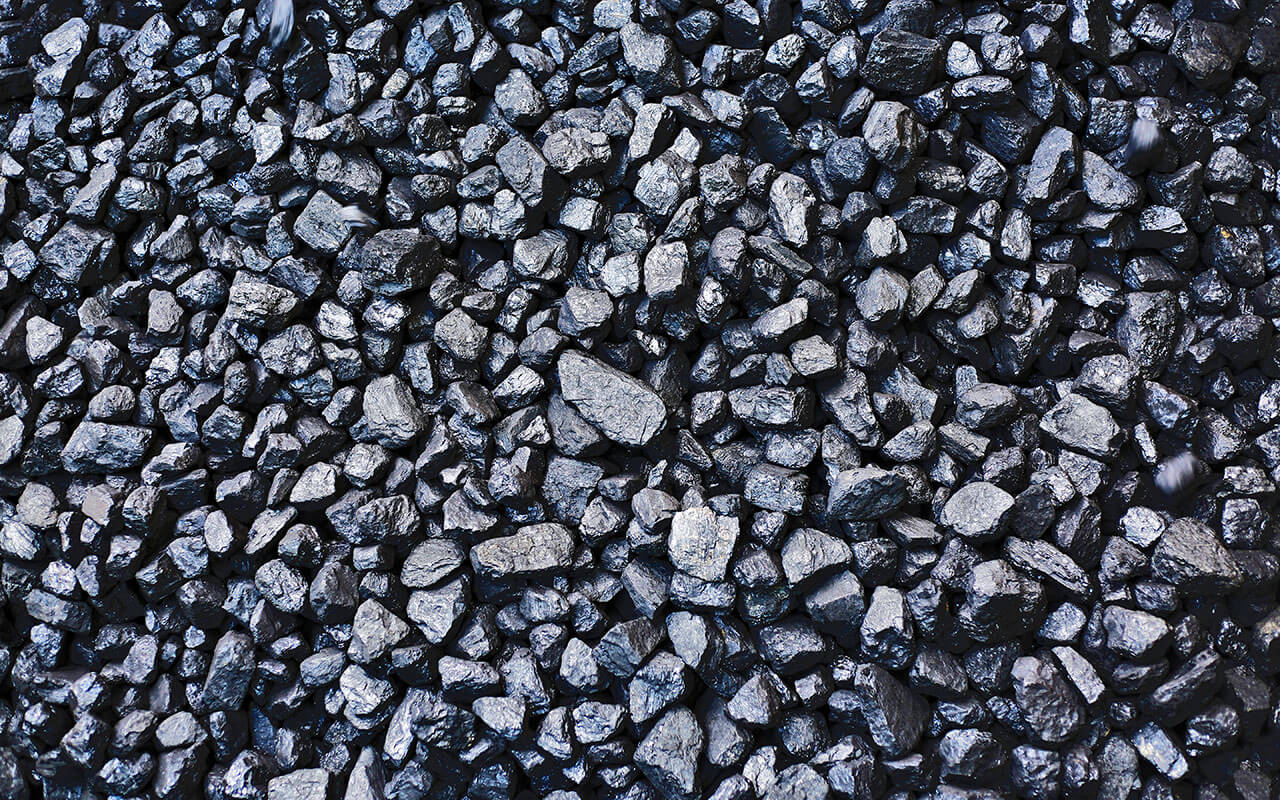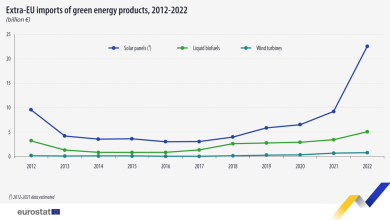Opinion: Europe without coal
Options and strategies
Economic diplomacy in general, with the main branch of energy diplomacy, has to resolve by 2030 or 2035, according to some industry specialists, the issue of Europe’s decarbonization. About this aspect, we recall two complex themes that prevail in most of the conferences on energy, fossil and renewable sources etc., and also in articles with an economic tendency in general, especially energy, namely:
- Energy dependence on Russia;
- Diversification of energy sources and resources, as well as technologies.
According to statements of specialists in geostrategy, in energy, geopoliticians and not only there is an idea shaping up that an agreement between Russia and the European Union (EU) under the all-encompassing keystone of Energy could become an axiomatic issue right against the backdrop of the two sides of the point-based approach. While Russia has on its side the quasi-energy dependence of the EU, on the other hand Europe has on its side an equally important instrument, which should be taken into account, that of diversification of supply sources. Statistics seem to put Europe ‘in the corner’, and the European Commission forecasts that the mix of its imports will not change substantially for the next 40 years, given the Member States’ depletion of resources. In other words, increasing production of energy from renewable sources, increase which must be sustained, including biomass, approximately 50% from Europe’s energy demand by 2050, will manage to offset the decline of energy production from fossil sources, especially considering the complete abandonment of coal. Obviously, all these in favour of Russia, which dominates not only the European natural gas market, but also the oil market, knowing that 35% of Europe’s imports come from Moscow. We should not forget that Europe currently imports 85% of its crude oil demand, 15% being ensured by resources of Member States. Looking at these figures carefully, it is easy to realize that Europe’s energy situation is not at all favourable in terms of energy resources. A number of analysts, including those from CEPS (the Centre for European Policy Studies) Brussels, agreed on the common idea that Russia is more dependent on the 17 billion euros from natural gas exports to Europe than the European Union on those supplies. Which means, in other words, that Russia has no other customer to take over its entire amount of gas bound for Europe, lacking the energy infrastructure to access the Asian markets.
The 30-year agreement between China and Russia for gas supply is based on the construction of Power of Siberia gas pipeline, through which about 38 billion cubic meters of gas would be supplied to China annually, gas pipeline which cannot be used before 2019. Brussels already has an important portfolio of potential gas suppliers that could replace imports coming from Russia. And it wouldn’t be the first time when an energy importer is replaced with a certain swiftness; an example is Libyan oil, which covers 10% of the European demand, given up in the shortest time.
Looking further, contrary to the known philosophical concept, the capacity of influence of the European Union is seen clearly, influence based on energy diplomacy, proper geopolitics, both related to Russia in terms of import of energy resources and, hence, the necessity of cultivation of the commercial ideal of diversifying these sources.
In fact, analysing with technical determination and not only the development of the current energy infrastructure, the potential of known suppliers and their political stability, as well as competition between producer countries, competition between countries thirsty for energy, the following question arises: why would Europe need Russia’s resources? Because the question should have a solid foundation, we can refer to countries such as Qatar, ranking the first in the world in terms of LPG exports, Saudi Arabia – with one fifth of global oil reserves, and the list can continue with other real competitors of Russia. It is known that the EU develops stable and safe political relationships with the two countries, constantly importing approximately the same amount of gas, 7-8% of the entire demand. The same happens for a large part of oil used over the past few years. An increase in oil and gas imports from the Gulf countries could put pressure on Gazprom to reduce prices, prices which the Russian energy giant holds with great meanness. It is worth mentioning here, as an example, the reduction of Gazprom’s price for the oil sold to Greece.
Let’s not forget the new player on the resource market, Iran, country that could significantly influence the economic and commercial framework – and not only – of European energy imports.
As a possible apparent conclusion, the EU must finally understand and accept that its own energy policy can no longer be built as a complementary item for other objectives or subordinated to other singular interests of the various Member States. A while ago, when while still in England there was no question of the referendum, the UK argued that the European Union should have a pragmatic energy policy, a policy able to address immediately the two approaches in the title of this article. With regard to the decarbonization of Europe, coming to my mind is the thermal power plant fired by ‘clean coal’ from Civitavecchia, a city near Rome, which uses anthracite from southern Africa. I add the fact that the production of electricity in such a facility complies scrupulously with all the environmental parameters imposed by Europe, and also with those adopted at the UN Conference on Climate Change in Paris.



